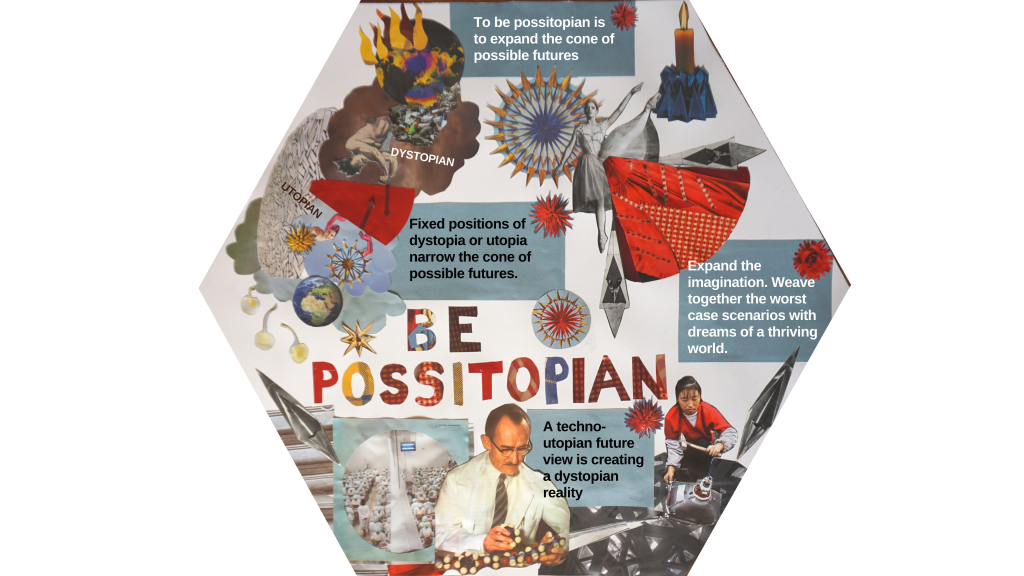
Climate Museum UK is an experimental museum that curates and gathers responses to the Earth crisis. A collective of creatives from across the UK, we organise activations to help people play, create, and talk about the crisis. We open imaginations to possible futures, and build skills to engage others with these issues.
Activation for public and learning audiences: As individuals, we each have collections of artworks, games, curious objects, books and activities. We use these collections and practices to run activities in all kinds of venues. The team is growing all the time, extending reach across England and wider UK. During the pandemic, we focused on digital projects but in 2022 we’ve been doing more projects in person.
Activation for professionals and teams: We run workshops and partnership projects for teams in cultural, educational, business or campaign organisations,. These help teams explore the emergency and plan action with their communities. We can also offer longer, bespoke projects to help you develop public engagement or learning resources on climate and ecology.
Digital museum: We’re developing a digital presence, of collections of climate art and information, including lots of resources on Pinterest. We run social campaigns and participatory collecting projects such as Everyday Ecocide, Stories of Extraction and Extreme Weather Stories.
Advocacy: Our collective members are activists and advocates, supporting UK-wide and international initiatives such as Culture Declares Emergency, Museums for Future, Lost Species Day, Artists for Ecocide Law, and the United for Biodiversity Coalition.
Any projects or experiences we create have these features:
- Designing ‘activations’ not exhibitions: In the context of an Earth crisis, museum work must be about enabling people to feel motivated and supported to improve their lives and change the system.
- Being dialogic: Conversations are at the heart of our practice, rather than educating or ‘speaking to’ people. See our guide with many ideas on Creative Climate Conversations.
- Trauma-sensitive: supportive and compassionate; democratic and transparent; accepting of emotion; giving choices, no coercion; decoding and defusing beliefs and systems that cause trauma; not rushing, making time for voices.
- Inviting voices of experience: For example, see our collecting project Extreme Weather Stories